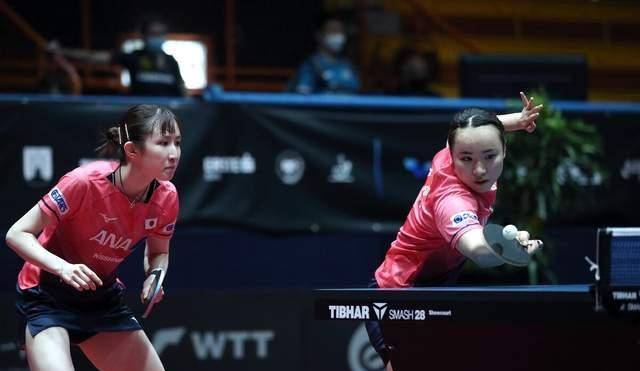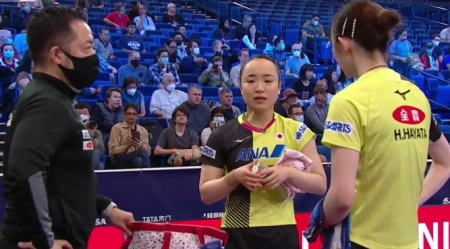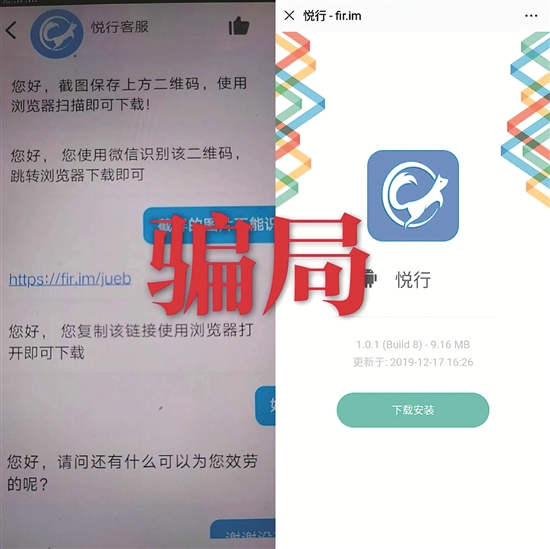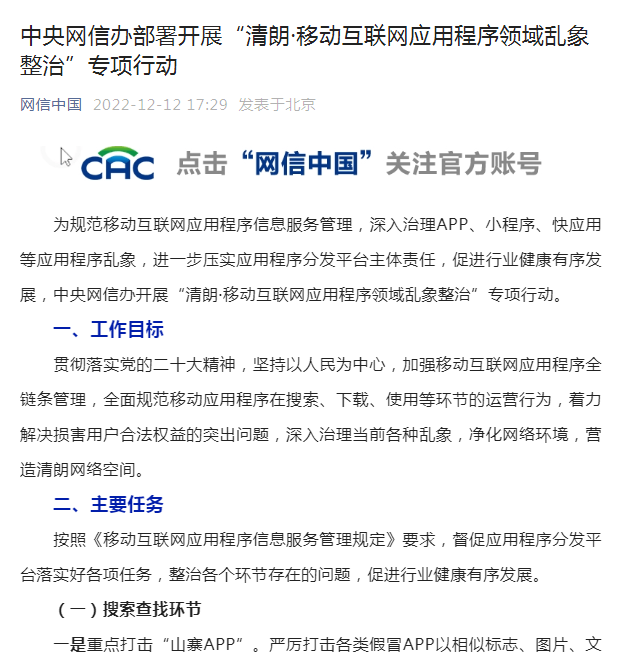七年级下册内容全面解析之(1~2)单元,你学会了吗?
七年级下册知识点
(备注:知识点前有★为重点单词、短语或句型。)
Unit 1 Can you play the guitar?
★ 1.(P1,题目)can(能,会)为情态动词,后跟动词原形。He can sing.
(一般疑问句) Can he sing?Yes,he can.\No,he can’t.(否定句) He can’t sing.
★ 2.(P1,图片对话)want sth:想要某物He wants a pen.他想要一支钢笔。
want to do sth:想做某事We want to play basketball.我们想打篮球。
3.(P1,1a) the +乐器:演奏某种乐器
区分: play 球类\棋类:打某种球\下棋
play the piano\violin\ guitar \drums:弹钢琴\拉小提琴\弹吉他\敲鼓
play soccer\basketball\volleyball\baseball\ping-pong踢足球\打篮球\打排球\打棒球\打乒乓球
play chess下国际象棋
speak+语言:说某种语言
He can speak English\Chinese.他会说英语\汉语。
★ 4.(P2,3a,6行)What about…?(=How about…?)(…怎么样?)后跟名词\代词\Ving,用来提出建议或征求对方意见。
I like apples,what about you? 我喜欢苹果,你呢?(you为代词)
What about playing basketball this afternoon?今天下午打篮球怎么样?(play为动词)
★ 5.(P2,3a,6行)be good at+名词 \代词\Ving:擅长…,在…方面做得好
He is good at English.他擅长英语。(English为名词)
His brother is good at playing basketball.他的哥哥擅长打篮球。(play为动词)
6.(P2,3a,7行)tell a story\ tell stories讲故事
★ 7.like to do sth 喜欢做某事
He likes to watch TV.他喜欢看电视。
like doing sth喜欢做某事(常指爱好)
He likes playing basketball.他爱好打篮球。
★ 8.(P2,3a,末行)Let’s do sth让咱们做某事吧。
Let’s have dinner.让咱们吃晚饭吧。
9.(P3,3c)do kung fu会中国功夫
10.(P5,2a)also(也)用于肯定句be之后,实义动词前。
I’m also a student.我也是学生。
He also likes apples.他也喜欢苹果。
too(也)用于肯定句句末,too前常有逗号
He can pay the guitar,too.他也会弹吉他。
★ 11.(P5,2b)help sb with sth:在某方面帮助某人
He often helps me with my English.
help sb(to)do sth:帮助某人做某事
= He often helps me(to )study English.他经常帮助我学习英语,
12.(P5,2b)be good with sb:与某人相处很好
He is good with the children.他与孩子们相处很好。
13.(P5,2b)make friends (with sb):(与某人)交朋友
He makes friends with the workers.他和工人交朋友。
14.(P5,2b)call sb:给某人打电话
Please call Tom after school.请放学后给汤姆打电话。
call sb at电话号码:拨打…找某人
Please call Tom at456-759.请拨打456-759找汤姆。
Unit 2 What time do you go to school?
1.时刻表达法 1)顺读法:先说小时数,再说分钟数。
8:00 eight (o’clock) 9:05 nine five 7:15 seven fifteen
7:30 seven thirty 6:45 six forty-five 6:55 six fifty-five
2) 逆读法:先说分钟数,再说小时数
①分钟数≤30用“分钟数 + past + 小时数”来表达(即几点过了几分)
15分常用a quarter(一刻钟,四分之一)来表示, 30分常用half(半,一半)来表示
9:05 five past nine
8:24 twenty-four past eight
7:15 a quarter past seven (fifteen past seven)
7:30 half past seven
②分钟数>30用“(60-分钟数)+ to + (小时数+ 1)”来表达(即几点差几分)
8:45 a quarter to nine (fifteen to nine) 9:55 five to ten
2.(P7,图片)what time 用来提问点钟,在几点几分用at。
I get up at six thirty.我在六点半起床。→ What time do you get up?
★ 3.(P7,1a)tooth –(复数)teeth,
eat breakfast = have breakfast(吃早饭)
4.(P8,2d,1行)job为可数名词,work为不可数名词。
He has an interesting job.他有一份令人感兴趣的工作。
★ 5.(P8,2d,末行)be late for….: ……迟到
Don’t be late for school.上学不要迟到。
be late for school\ class\ work:上学\上课\工作迟到
6.(P9,3a,1)on school days在有课的时候
★ 7.(P10,1c,6)do (one’s) homework做(某人的)家庭作业
He usually does his homework at home.他通常在家里做家庭作业。
8.(P11,2b,5行)for+一段时间:表(某个动作)持续了多长时间
I read English for two hours every day.. 我每天读英语两个小时。
★ 9.(P11,2b,1段倒数2行)either …or…:要么…要么…;或者…或者…(若连接两个主语,句子后面的动词与or后的主语一致---就近原则)
Either he or you are right.要么他对要么你对。
He is either a student or a teacher.他或者是学生或者是老师。
10.(P11,2b,2段2行)lots of = a lot of(许多,大量的)后跟可数名词复数或不可数名词
He has lots of work to do.他有许多工作要做。(work为不可数名词)
Tom has lots of books.汤姆有许多书。(book为可数名词复数)
★ .(P11,2b,2段倒数3行)be good for:对…有好处 be bad for:对…有害处
Running is good for us.跑步对我们好好处。
Watching TV is bad for our eyes.看电视对我们的眼睛有害处。
12.(P11,2b,2段倒数3行)taste(尝起来)是感官动词,后常跟形容词作表语
The food tastes good.这食物尝起来很好。 我们学过的感官动词还有:sound(听起来),look(看起来)The music sounds beautiful.这音乐听起来很优美。
★ 13(P12,self chech,1,3)need sth需要某物
He needs a new pen.他需要一支新钢笔。
need to do sth需要做某事
He needs to help his mother now. 他需要现在去帮助他妈妈。
14.(P12,self chech,1,3)Here is/are +名词:表示“这是……;这(儿)有……”,用于介绍或引入话题。
Here are our books.这是我们的书。
Here is your pen. 这是你的钢笔。











